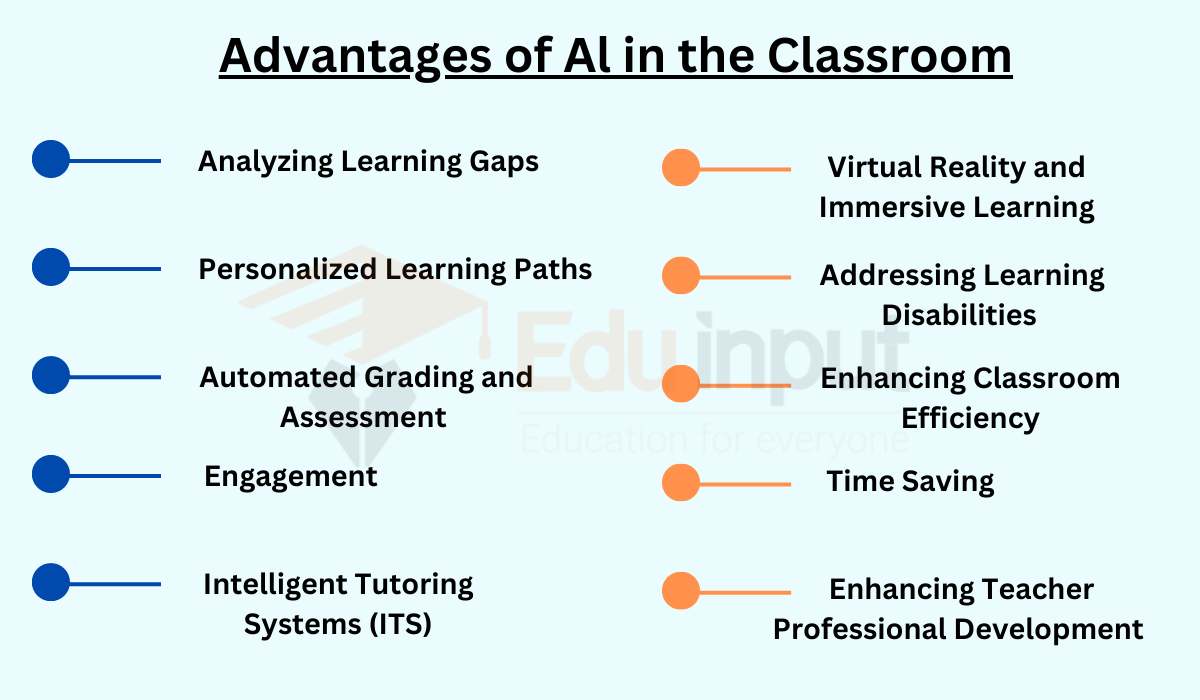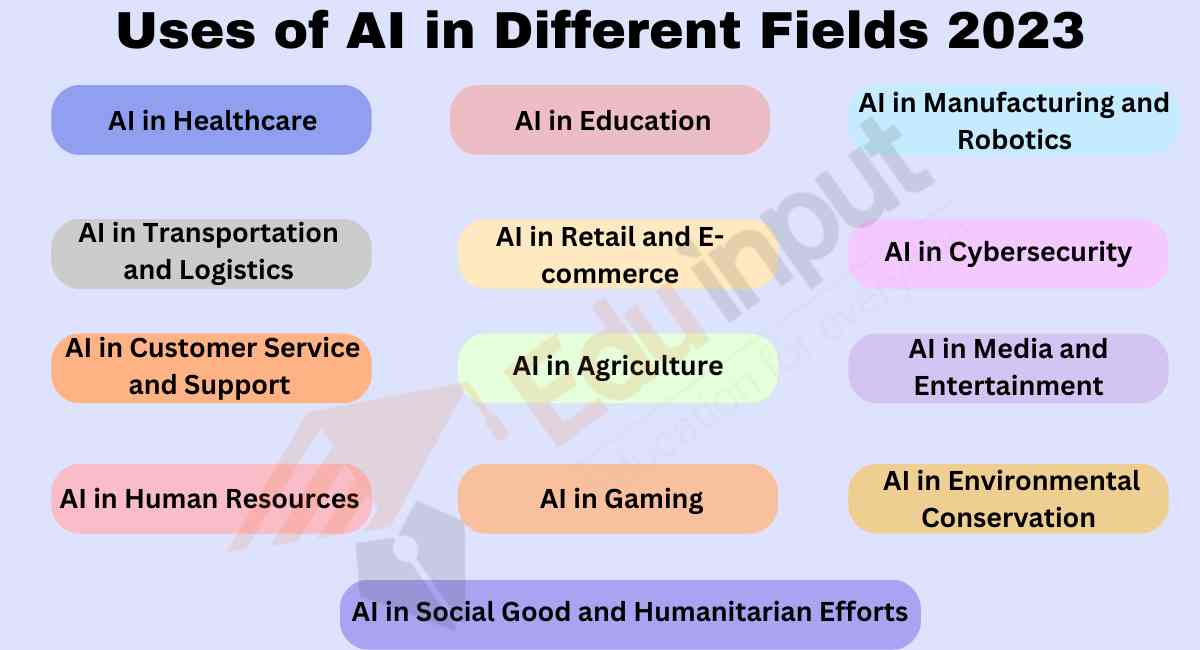Application of AI In Finance
Artificial Intelligence (AI) is playing a role in different industries. It also plays an important role in the finance department.
AI has made big progress in changing how banks and other financial companies work. It has helped them become more efficient, accurate, and able to provide personalized experiences to their customers.

In this article, we will discuss the applications of AI in finance, from fraud detection and risk management to algorithmic trading and chatbots. Let’s discuss the different aspects of AI in finance.
Applications of AI in Finance
Different applications of AI in finance are given below:
Fraud Detection
In the world of finance, it is very important to find criminals who try to cheat people and banks. AI helps a lot with this by looking at huge amounts of information and finding tricky patterns that people might not notice.
It uses special computer programs to find strange things, like weird actions or suspicious money moves, right away. When AI finds something fishy, it tells the people in charge so they can look into it more.
By using AI to catch fraud, banks and other money places can stop bad things from happening and keep everything safe and fair.
Customer Service
AI chatbots are super popular in banks because they give fast and personal help to customers. These computer helpers can answer questions, tell you how much money you have, show your past transactions, and even give simple advice.
By using chatbots, banks can be faster, save money, and make customers happier. The chatbots are smart and can understand what you’re asking and give you the right answer.
Algorithmic Trading
Algorithmic trading has changed the financial markets, and AI plays a vital role in making it possible. By using complex algorithms and machine learning models, AI systems can analyze vast amounts of financial data, identify trends, and execute trades with minimal human intervention.
These algorithms can make split-second decisions based on market conditions, historical data, and predefined strategies. Algorithmic trading powered by AI has the potential to enhance market liquidity, reduce transaction costs, and increase efficiency.
Risk Management
Risk management is an integral part of the financial industry. AI can assist in assessing and managing risks by analyzing vast amounts of data and identifying potential threats.
Machine learning models can evaluate historical data, market trends, and external factors to predict risks accurately. AI-powered risk management systems can help financial institutions make informed decisions, minimize losses, and ensure regulatory compliance.
Portfolio Management
AI has changed how people manage their investments by giving them advanced tools to understand and improve their portfolios. With the help of special computer programs, AI can look at how the market is doing, see how well different investments are doing, and suggest changes to make the portfolio better.
These programs can give quick advice, automatically adjust investments, and make portfolios perform their best. This way, investors can use data to make smart choices about their money.
Insurance Underwriting
Insurance underwriting involves assessing risks and determining policy terms and premiums. AI has significantly improved the efficiency and accuracy of underwriting processes.
Machine learning models can analyze vast amounts of data, including historical claims, demographic information, and risk factors, to make more precise underwriting decisions. AI systems can automate underwriting processes, reduce manual effort, and improve the speed and accuracy of policy evaluations.
Regulatory Compliance
The financial industry operates under strict regulatory frameworks to ensure transparency, fairness, and security. AI can assist financial institutions in ensuring regulatory compliance by analyzing large volumes of data and identifying potential violations.
Machine learning models can monitor transactions, detect suspicious activities, and generate alerts for compliance teams to investigate further. By leveraging AI for regulatory compliance, financial institutions can streamline their compliance efforts and reduce the risk of non-compliance.
Debt Collection
Debt collection is a challenging task for financial institutions, requiring effective strategies to recover overdue payments. AI can optimize debt collection processes by analyzing customer data, payment history, and engagement patterns to identify the most effective collection methods.
AI-powered systems can automate debt collection communications, personalize interactions, and prioritize collection efforts based on customer profiles and the likelihood of payment.
Travel & Expense Management
AI helps businesses make travel and expense management easier. It uses smart computer programs to look at expense information and figure out patterns and categories automatically.
This means less work for people, and it helps make sure everything follows the rules. AI also gives useful advice on how to make travel and expense budgets better.
Reduced Operational Costs and Risks
Using AI in finance can save money and make things safer. It can do jobs automatically that people used to do, which means fewer mistakes and less money spent. AI can also find possible problems before they happen and tell the right people, so they can fix them quickly.
This helps keep everything running smoothly and reduces the chances of something bad happening.
Chatbots
Chatbots have emerged as valuable tools for financial institutions, providing round-the-clock customer support, personalized recommendations, and instant access to information. AI-powered chatbots can handle various customer inquiries, assist in transactions, and even offer basic financial advice.
By using natural language processing and machine learning algorithms, chatbots can understand and respond to customer queries effectively, enhancing the overall customer experience.
Document Analysis
AI helps banks and finance companies by reading and understanding documents well. It can take important information from things like contracts, bills, and financial papers, so people don’t have to do it manually.
This saves time and makes fewer mistakes. AI can also check if the documents follow the rules and have the right important words.

 written by
written by 



Leave a Reply